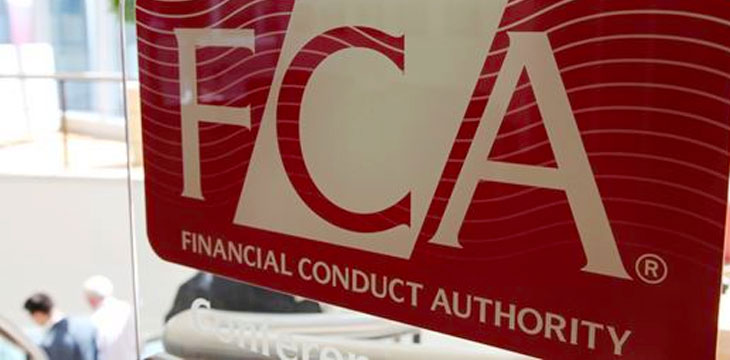|
Getting your Trinity Audio player ready...
|
The UK may turn its back on certain cryptocurrency-based products. The country’s Financial Conduct Authority (FCA) is reportedly considering a ban on crypto contracts-for-difference (CFD) that could be offered to retail investors, which could ultimately be a game-changer for the industry.
Christopher Woolard, the executive director of strategy and competition for the FCA, suggested the possibility of a ban during a conference held in London two days ago. His speech also included a number of topics that the FCA’s Cryptoassets Taskforce has been contemplating since the group was formed this past March.
According to Woolard, the FCA will “undertake one of the most comprehensive responses globally to the use of cryptoassets for illicit activities.” He added, “We’re concerned that retail consumers are being sold complex, volatile and often leveraged derivatives products based on exchange tokens with underlying market integrity issues.”
Woolard took a few minutes to provide FCA definitions of different types of cryptocurrencies. He explained, “Cryptoassets, such as Bitcoin, Litecoin and equivalents, are often referred to as ‘cryptocurrencies’. We prefer the more neutral term ‘exchange tokens’ as they do not function as money. Exchange tokens utilize a DLT platform and are not issued or backed by a central bank or other central body. They do not provide the types of rights or access provided by security or utility tokens, but are used as a means of exchange or for investment.”
Security tokens, according to the FCA, are tokens that “amount to a ‘specified investment’. These may provide rights such as ownership, repayment of a specific sum of money, or entitlement to a share in future profits.” The executive further provided a warning that certain security tokens might be defined as securities per the European Union’s Markets in Financial Instruments Directive II (MFID II). In those cases, the FCA would not provide regulatory guidance.
Woolard went on to say that the FCA is concerned that consumers are being offered complex and leveraged crypto derivatives that are based on exchange tokens with market integrity issues. He says, “…[T]he FCA will also consult on a prohibition of the sale to retail consumers of derivatives referencing certain types of cryptoassets (for example, exchange tokens), including contracts-for-difference, options, futures and transferable securities.”
He concluded by trying to stave off any animosity that could generate from his comments. Woolard said that, in ten years, he hopes the public will look back and realize that the policies the FCA implements were designed not to stifle innovation, but to encourage it, and to ensure market integrity.
That certainly sounds like a prelude to darker times for the crypto industry in the UK.

 03-05-2026
03-05-2026 




